Njamito Goes Fairtrade for Cocoa and Vanilla
March 31, 2025Njamito is now Fairtrade certified for cocoa and vanilla! Here’s what that means for farmers, the planet, and the values behind our meal-in-a-bottle.
Read articleFarming is a part of the problem and a part of the solution when it comes to adapting and mitigating climate change.
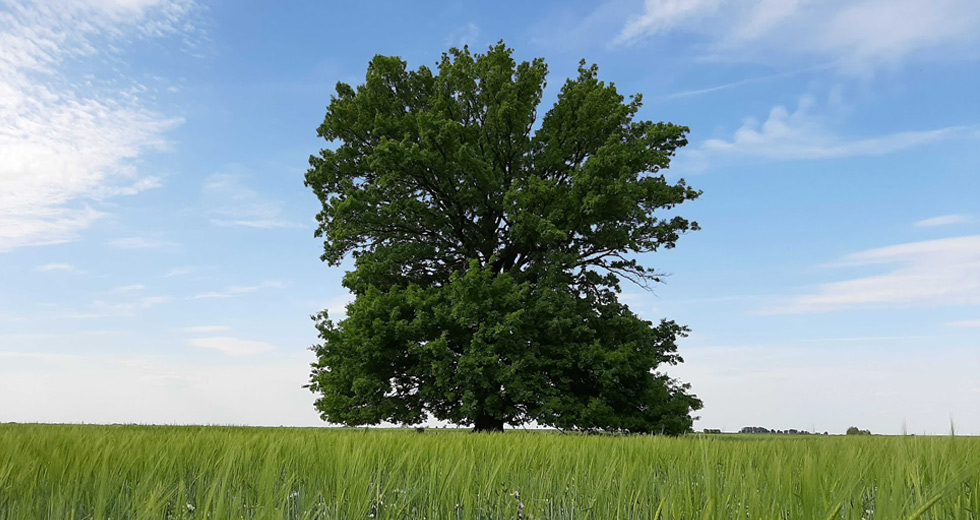
The natural balance of our planet is slipping away, and our ecosystems are spiraling into disarray. Soil is crumbling, species are disappearing, and pollution is rampant. These problems are only worsened by factors like population growth, urbanization, and our unsustainable lifestyles.
To secure a future for generations to come, we must fundamentally change how we use our resources, starting with our land. From the health of our soil to the purity of our water and air, food plays a crucial role in shaping our environment.
With each passing year, the urgency for action grows. 2023 was the hottest year on record, a stark reminder of the climate crisis we must confront.
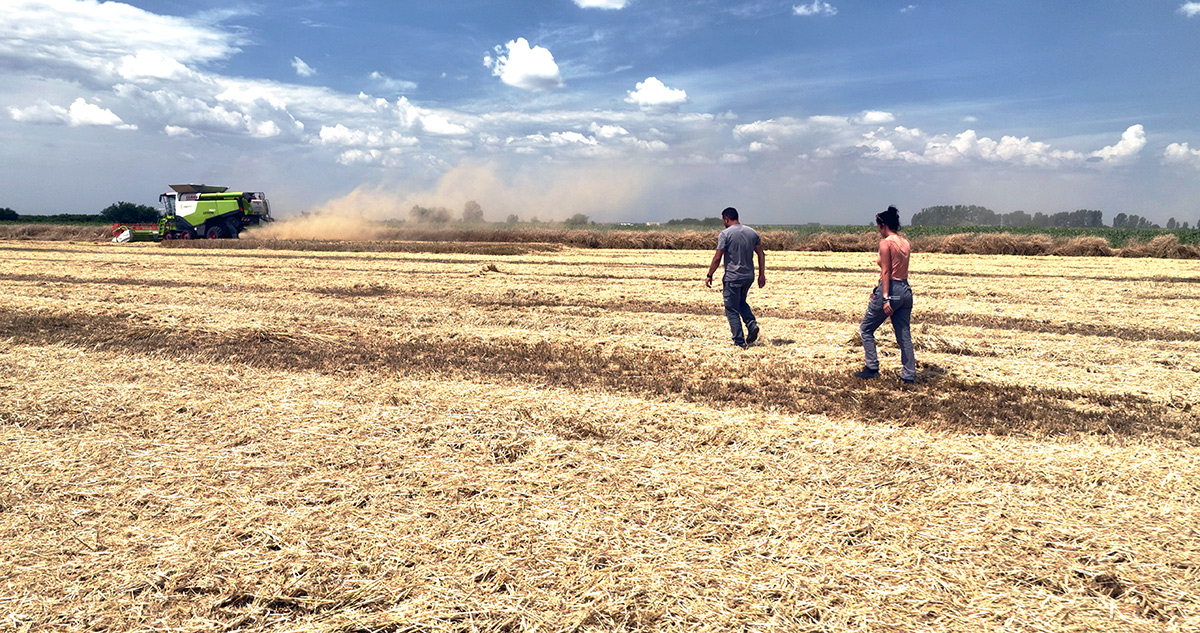
At LoginEKO fields, conditions this year have been such that phenophases of most of our crops have been shifted, for example peas on our fields started flowering almost three weeks earlier than usual.
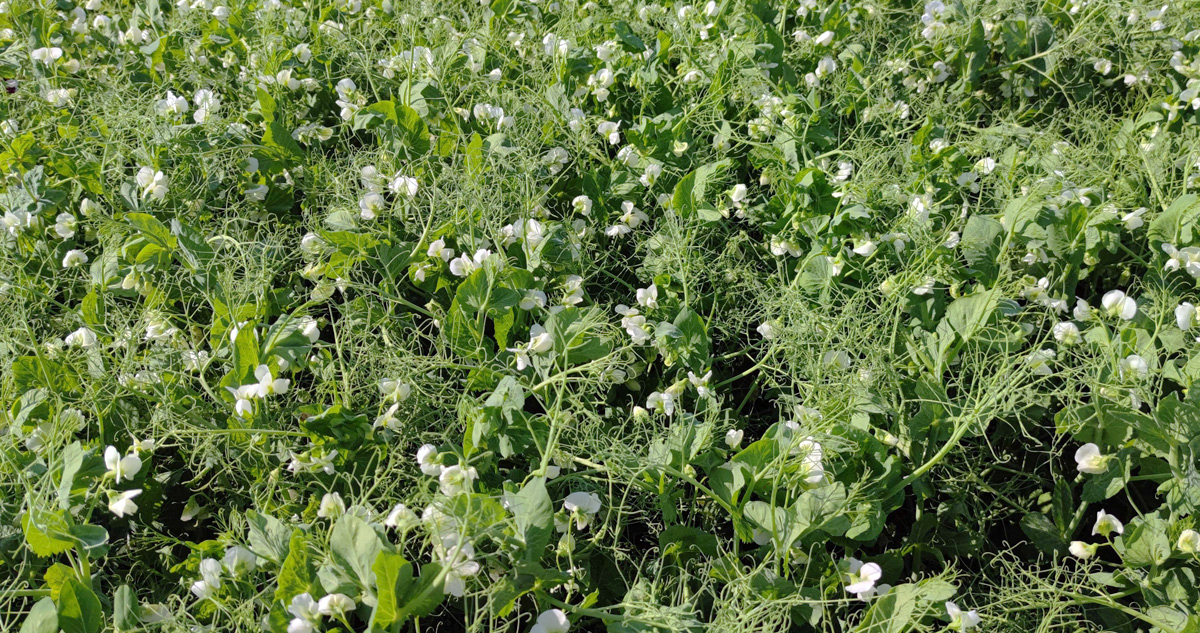
All this leads us to wonder, how will farmers adapt to an inevitable new scenario of more frequent and more extreme weather events. But also, what farmers can do to preserve the land they have been entrusted from previous generations, and protect it so that our grandchildren will be able to continue eating healthy food.
Farmers, a vital group of people, are responsible for feeding billions, are both vulnerable to the impacts of climate change and a significant contributor to greenhouse gas emissions.
As global temperatures rise and weather patterns become increasingly erratic, agriculture finds itself at the frontline. The adverse effects of climate change on agriculture are already palpable and are expected to intensify in the coming years. From shifting precipitation patterns to rising temperatures, farmers are grappling with unprecedented challenges that threaten their livelihoods and the global food supply.
One of the critical issues facing agriculture is its susceptibility to weather and climatic conditions. The sector relies heavily on stable weather patterns for successful crop growth. However, with climate change leading to higher temperatures, more variable rainfall, and an increase in extreme weather events, farmers are finding it increasingly difficult to predict and manage their operations.
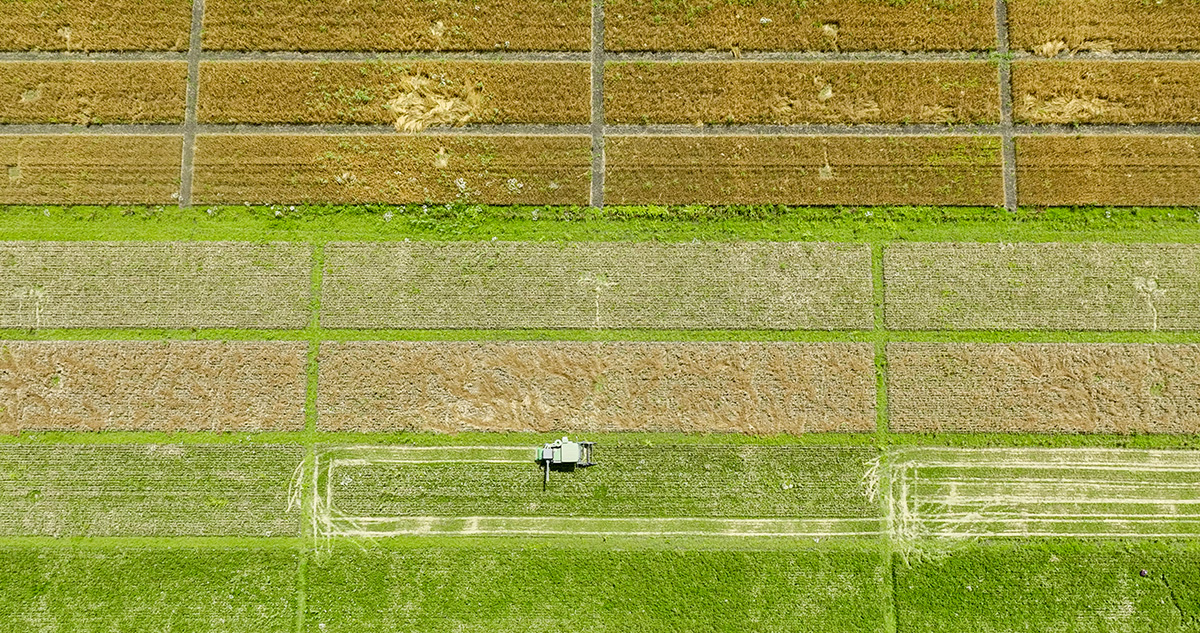
Another critical battleground in the fight against climate change is the soil. According to the United Nations, over half of agricultural land is already moderately or severely degraded. The alarming rate of soil erosion, estimated to be up to 100 times faster than the rate of soil formation, threatens global food productivity.
Australian and Chinese researchers predict a potential 12% decline in food productivity within the next 25 years, leading to a projected 30% increase in food prices. This grim trajectory underscores the urgency of addressing soil degradation to secure our food supply for the future.
Finally, biodiversity loss poses another significant challenge for agriculture. The decline in crucial species, such as pollinators like bees and butterflies, threatens the very foundation of our food systems. Studies reveal a staggering reduction in insect populations, with implications for pollination, pest control, and ecosystem health. While efforts to protect freshwater habitats have shown some success in preserving insect populations, comprehensive action is needed to safeguard biodiversity across all ecosystems.
Pollution from agricultural activities exacerbates environmental degradation, contributing to greenhouse gas emissions and water contamination. From on-farm emissions to the runoff of pesticides and fertilizers, agriculture plays a substantial role in environmental pollution, necessitating a shift towards sustainable practices to mitigate its impact.
As the Union of Concerned Scientists from the USA points out, the reliance on monoculture crops, heavy use of fertilizers and pesticides, and neglect of soil health have left farms even more vulnerable to the impacts of climate change. Floods devastate crops, droughts parch the land, and new pests and diseases emerge, threatening agricultural productivity and food security.
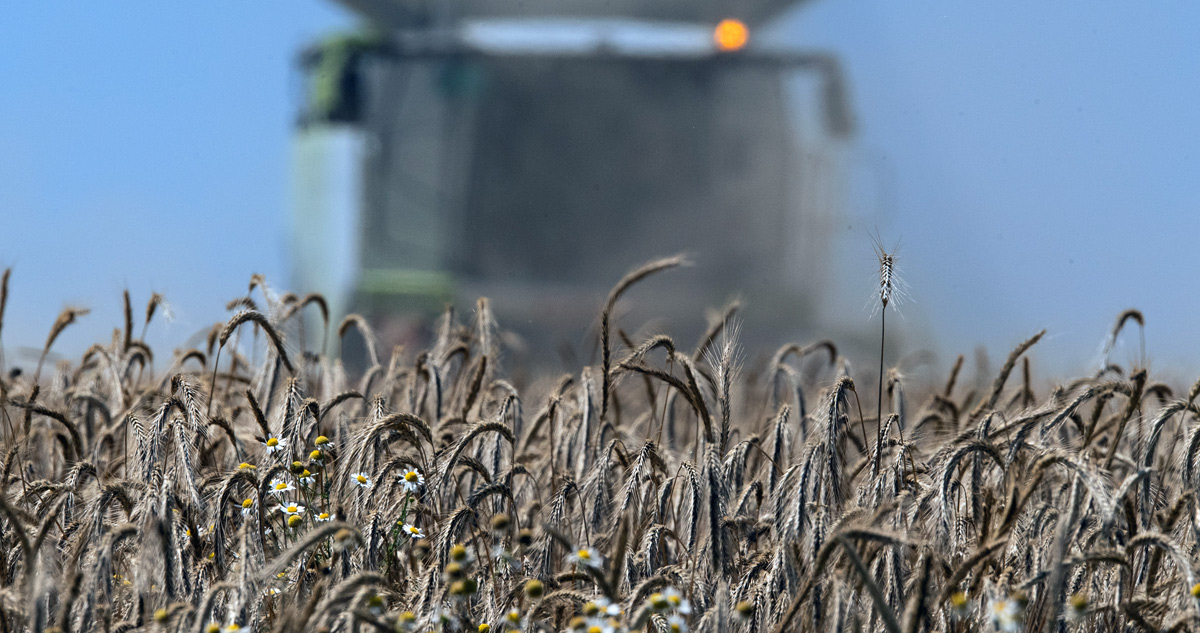
When it comes to staple crops such as corn, rice, wheat, and soybeans, which collectively contribute to approximately two-thirds of the total caloric intake for humans, climate change has already led to primarily negative effects on crop yields and quality, particularly in regions with tropical climates, explains the IPCC 6th Annual Report.
Various climate models indicate potential declines in global yields for major crops under various warming scenarios.
For instance, an international study estimated that under the most severe warming scenario (RCP8.5), global yields of maize, rice, wheat, and soybeans could decline by 3–12% by 2050 and 11–25% by 2100. Such losses would be particularly concentrated in major agricultural regions, with some areas facing production declines exceeding 25%.
Amidst challenges lies the potential for agriculture to be part of the solution. As we confront the existential threat of climate change, farmers emerge as key players in forging a sustainable future for agriculture and the planet as a whole.
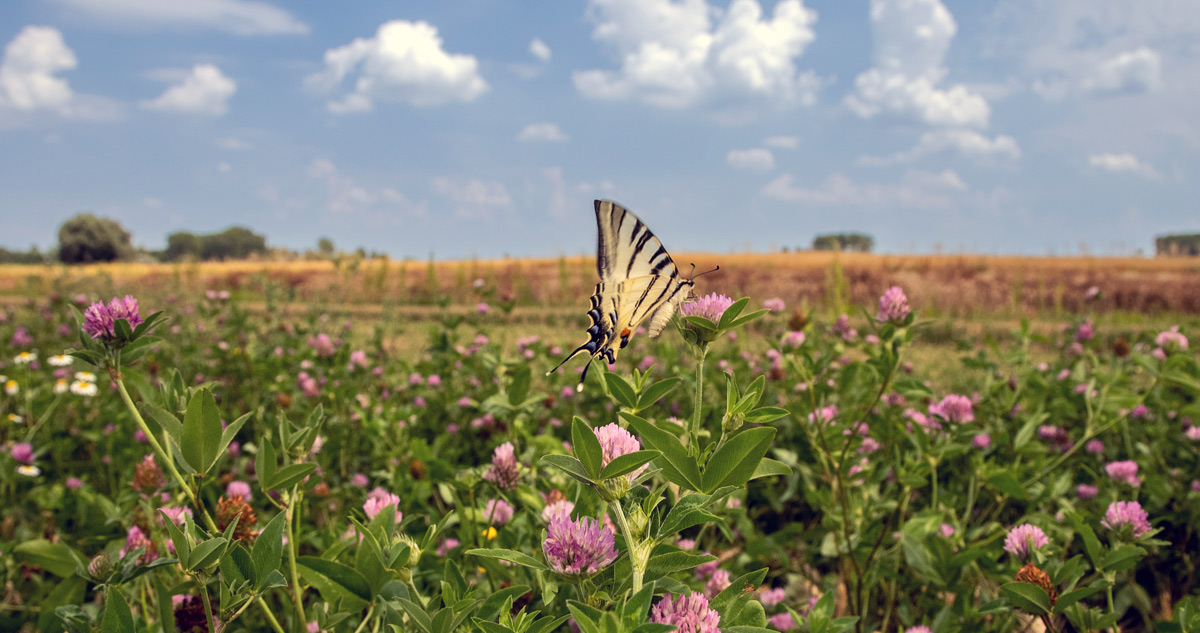
Farmers can take an active role in reducing emissions and sequestering carbon. Adopting sustainable farming practices like crop rotation, conservation tillage, and agroforestry, farmers can create a positive impact on biodiversity and promote ecosystem resilience.
We understand that farmers face many obstacles in transitioning from conventional practices to more sustainable ways of food production. From financial constraints to limited access to information and resources, and rigorous systems and legal frameworks, they can many times find it difficult to adapt their practices even when they would like to.
This is why, at LoginEKO we are developing concrete solutions to equip farmers in the transition to a sustainable food system.
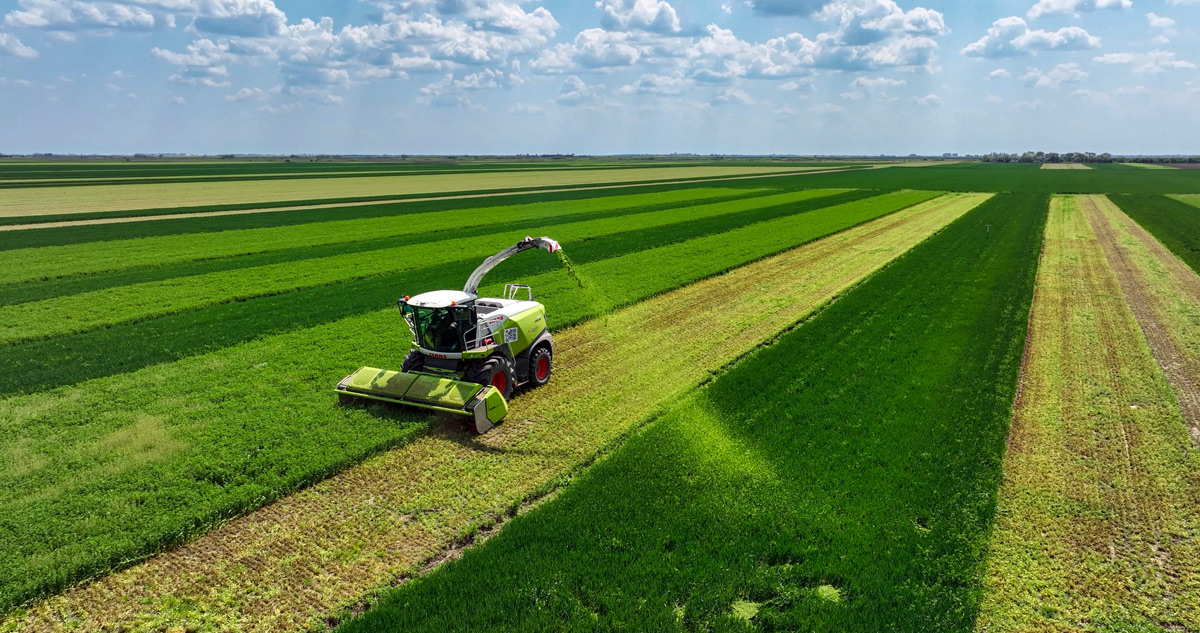
In this view, our agronomists are showing how sustainable practices for large-scale production, such as crop rotation, can help phase out artificial fertilizers and pesticides while keeping soil healthy, and pests and diseases at bay. Our field production teams are applying these practices in their work across our 3,700 hectares of organically certified fields. 6,000 tons of organically produced crops annually demonstrates that we are on the right track.
Our goal is to share our knowledge and practices with other farmers for free, speeding up the shift to a greener, more resilient food system for everyone’s benefit now and in the future.

We’ve also recognized that farmers often hesitate to adopt new technologies due to the low-profit nature of agriculture. To support them and boost efficiency, we’re refining a user-friendly farming software solution. It’s designed to streamline all aspects of farming operations into one easy-to-use platform.
Having both a large-scale farm and our own team of software developers gives us unique insights into how to tailor our software so that it meets the practical needs of real farms. And we will be sharing it for free, once proven effective in our tests.
There’s so much talk about climate change. And agriculture. And agriculture and climate change. Enough talk and promises on paper now! What we need now are practical solutions so that everybody in the agrifood sector can act on making the transition towards a more sustainable future.
That’s why at LoginEKO, we’re dedicated to creating real, tangible solutions for farmers, food producers, consumers, and policymakers alike. With a special focus on farmers, we are determined to help them adapt to climate change but also ensure that their practices become more sustainable, so that they can keep producing healthy, sustainable food for generations to come.
Njamito is now Fairtrade certified for cocoa and vanilla! Here’s what that means for farmers, the planet, and the values behind our meal-in-a-bottle.
Read articleIdealism met reality as we launched our meal-in-a-bottle, Njamito. After 100.000 bottles sold, here’s what we learned about organic food and market adaptation.
Read articleWith organic seeds in short supply, we launched our own organic seed production journey to secure sustainable farming practices.
Read article